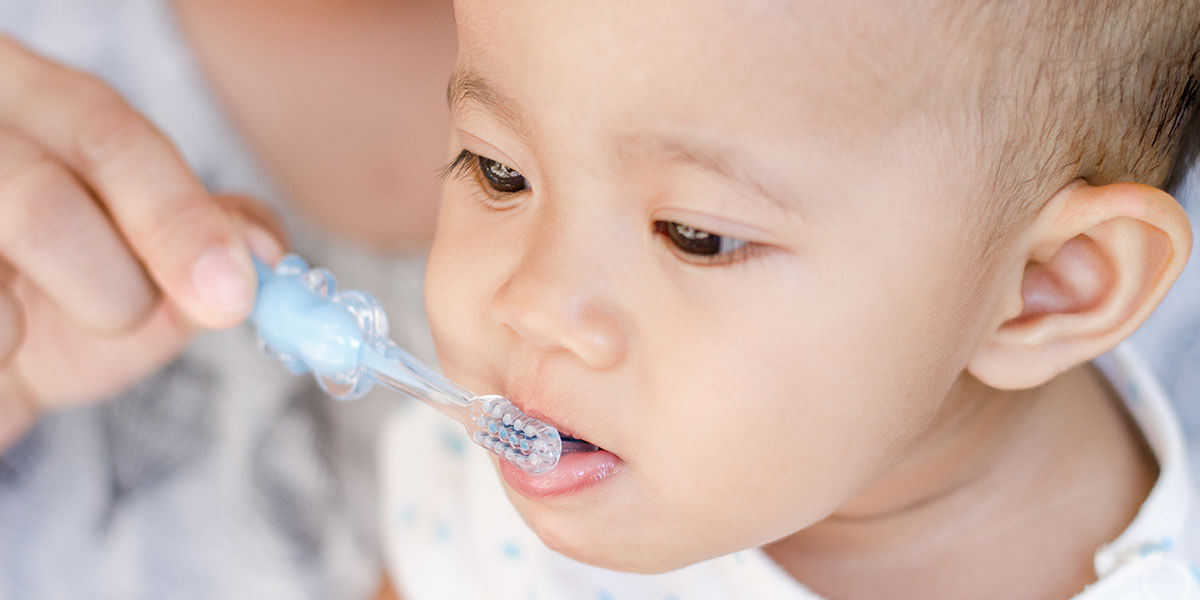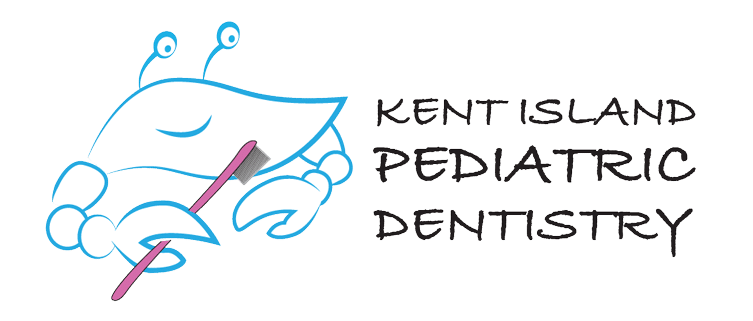Early Dental Care

First Dental Visit by First Birthday
According to the American Academy of Pediatric Dentistry, your child’s first dental visit should be around their 1st birthday.
We encourage parents to bring their children in for their first dental visits between ages 1 -2. The purpose of the visit is to review and advise parents on how to brush, when to brush, diet and evaluate the eruption of the dentition. Also, to discuss any habits such as pacifiers or fingers and how they affect teeth. Plus, going to the dentist at a young age helps children have less decay and also helps your child get used to the dentist. They realize early it is a fun visit!
More than 1 in 4 children in the United States have cavities by the time they are 4 years old. That’s a lot. To that end, we believe in following the American Academy of Pediatrics and the American Academy of Pediatric Dentistry’s recommendation that your child visit us every six months after the eruption of the first tooth, or when they turn one.
It’s about instilling preventative and routine oral care that will result in less painful—and potentially perilous—cavities or issues for your child. And we work to make it positive, welcoming, and rewarding for both caregivers and our young patients.
Importance and Care of Primary Teeth (Baby Teeth)
Baby teeth, also called primary teeth, are shed, but they are still very important for a number of reasons. Children need strong, healthy baby teeth in order to chew food properly, to pronounce words correctly, and to maintain space in the jaw for the permanent teeth. That is why it is important to take good care of the primary teeth by keeping them clean and healthy.
Even before the first tooth erupts, your child’s gums should be wiped gently with a wet cloth or gauze after every feeding. At the appearance of the first tooth, begin brushing your child’s teeth with water. Children older than 2 years should be supervised during brushing to ensure that only a pea-sized amount of fluoride toothpaste is used, and that the toothpaste is spit out rather than swallowed, and they rinse with water afterward.
Preventing Decay
Primary teeth, if not kept clean and healthy, can develop decay. This decay can lead to infection, which can damage permanent teeth. Tooth decay in infants and young children occurs when the teeth undergo frequent and extended exposure to liquids containing sugar. To keep your child’s teeth cavity free and avoid oral pain, do not allow your child to fall asleep with a bottle containing anything other than water. Milk, formula, and juice, when given to a child right before they fall asleep, can remain on the teeth and in the mouth and cause tooth decay. If your child needs a pacifier between feedings or at bedtime, give them a clean pacifier. Do not give your child a pacifier dipped in honey or sugar.
